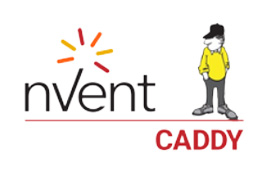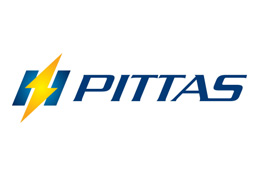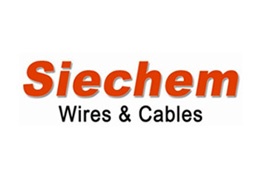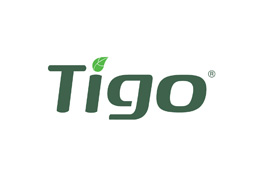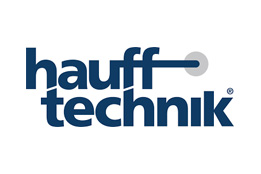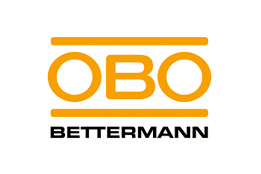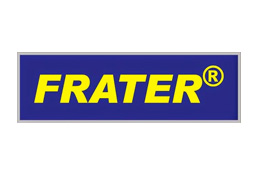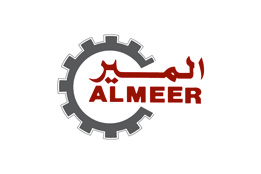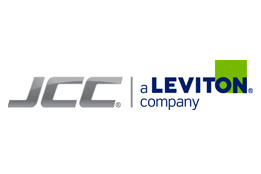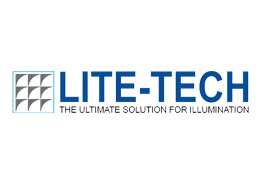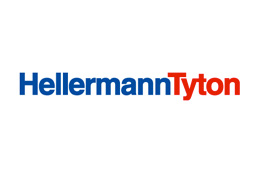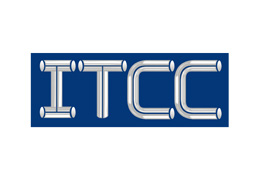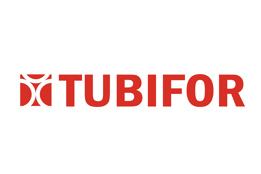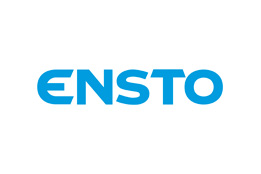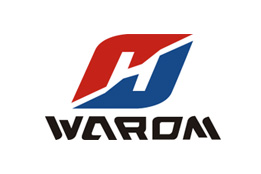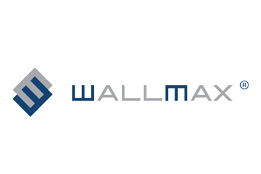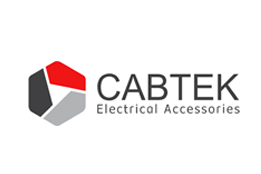

The protection of enclosures against ingress of dirt or against the ingress of water is defined in IEC529 (BSEN60529:1991). Conversely, an enclosure which protects equipment against ingress of particles will also protect a person from potential hazards within that enclosure, and this degree of protection is also defined as a standard.
The degrees of protection are most commonly expressed as "IP" followed by two numbers, e.g. IP65, where the numbers define the degree of protection. The first digit (Foreign Bodies Protection)shows the extent to which the equipment is protected against particles, or to which persons are protected from enclosed hazards. The second digit (Water Protection) indicates the extent of protection against water. The wording in the table is not exactly as used in the standards document, but the dimensions are accurate.
The first digit in the rating is the protection against contact and foreign bodies. The second digit in the rating is the water protection factor. The third digit in the impact protection factor It is normally displayed in the format below.
There are many NEMA ratings available for enclosures. Below, is a brief explanation of each NEMA rating.
Type 1 enclosures are intended for general purpose indoor use primarily to provide a degree of protection against contact with the enclosed equipment or locations where unusual service conditions do not exist.
Type 2 enclosures are intended for general purpose indoor use primarily to provide a degree of protection against limited amounts of falling water and dirt.
Type 3 enclosures are intended for general purpose outdoor use primarily to provide a degree of protection against windblown dust, rain, and sleet; and to be undamaged by the formation of ice on the enclosure.
Type 3R enclosures are intended for general purpose outdoor use primarily to provide a degree of protection against falling rain; and to be undamaged by the formation of ice on the enclosure.
Type 3S enclosures are intended for general purpose outdoor use primarily to provide a degree of protection against sleet; and to be undamaged by the formation of ice on the enclosure.
Type 4 enclosures are intended for general purpose indoor or outdoor use primarily to provide a degree of protection against windblown dust and rain, splashing water, and hose directed water; and to be undamaged by the formation of ice on the enclosure.
Type 4X enclosures are intended for general purpose indoor and outdoor use primarily to provide a degree of protection against corrosion, windblown dust and rain, splashing water, and hose-directed water; and to be undamaged by the formation of ice on the enclosure.
Type 5 see NEMA 12
Type 6 enclosures are intended for general purpose indoor or outdoor use primarily to provide a degree of protection against the entry of water during temporary submersion at a limited depth; and to be undamaged by the formation of ice on the enclosure.
Type 7 enclosures are for indoor use in locations classified as Class I, Groups A, B, C, or D, as defined in the National Electrical Code.
Type 7 enclosures shall be capable of withstanding the pressures resulting from an internal explosion of specified gases, and contain such an explosion sufficiently that an explosive gas-air mixture existing in the atmosphere surrounding the enclosure will not be ignited. Enclosed heat generating devices shall not cause external surfaces to reach temperatures capable of igniting explosive gas-air mixtures in the surrounding atmosphere. Enclosures shall meet explosion, hydro-static, and temperature design tests.
Type 8 is same as NEMA 7, except the unit is oil-immersed
Type 9 enclosures are intended for special purpose indoor use in locations classified as hazardous (Class II, Groups E, F, or G, as defined in the National Electrical Code).
Type 9 enclosures shall be capable of preventing the entrance of dust. Enclosed heat generating devices shall not cause external surfaces to reach temperatures capable of igniting or discoloring dust on the enclosure or igniting dust-air mixtures in the surrounding atmosphere. Enclosures shall meet dust penetration and temperature design tests, and aging of gaskets (if used).
Type 12 enclosures are intended for industrial indoor use primarily to provide a degree of protection against dust, falling dirt, and dripping noncorrosive liquids.
Type 13 enclosures are intended for industrial indoor use primarily to provide a degree of protection against dust, spraying of water, oil, and noncorrosive coolant.
This comparison is only approximate, and it is the responsibility of the user to verify the enclosure rating necessary for the given application.
Enclosure type |
IP23 |
IP30 |
IP32 |
IP55 |
IP64 |
IP65 |
IP66 |
IP67 |
1 |
|
|
|
|
|
|
|
|
2 |
|
|
|
|
|
|
|
|
3 |
|
|
|
|
|
|
|
|
4 |
|
|
|
|
|
|
|
|
4X |
|
|
|
|
|
|
|
|
6 |
|
|
|
|
|
|
|
|
12 |
|
|
|
|
|
|
|
|
13 |
|
|
|
|
|
|
|
|

